Recently, a new industry-supported study on the potential anti-anxiety effects of cannabidiol CBD found that oral CBD solution can effectively treat mild to moderate anxiety disorders, as well as related depression and poor sleep quality, and no serious adverse events have been observed.
The author of the study pointed out, "Our research results show that taking 300-600 mg nano-dispersed CBD oral solution for 12 weeks can effectively treat mild to moderate anxiety disorders, as well as related depression and sleep disorders. These findings are consistent with more and more evidence, indicating that if taken longer, ranging from 4 to 12 weeks, CBD may have anti-anxiety effects.
The report was published in the Asian Journal of Psychiatry this month by Asha Hospital in India, Leiutis Pharmaceutical Company and Biophore Pharma Inc. in New Jersey, USA. Written by a seven-person research team. The paper stated that all authors participated in the research "as employees or consultants of Leiutis Pharmaceutical Company" and the research project was funded by the company.
The paper points out that the use of CBD solution not only shows positive therapeutic effect, excellent safety and tolerance in the treatment of mild to moderate anxiety disorders (the main goal of the study), but also shows therapeutic effect in the treatment of related depression and sleep quality disorders (the secondary goal of the study), and in the treatment of There is no withdrawal anxiety when the dose is reduced at the end of the treatment.
The author wrote, "Our research supports exploring the potential effectiveness of nano-dispersed CBD oral solutions in the treatment of other forms of mental diseases and the possibility of their application in clinical practice."
Volunteers are divided into CBD groups or control groups. Members of the CBD group initially took 300 milligrams of CBD per day, gradually increased to 600 milligrams per day over time, and then decreased to 150 milligrams per day at the end of the study period. Members of the control group took placebo.
The study found that the GAD-7 test for generalized anxiety disorder found that the anxiety indicators of members taking CBD decreased compared with the placebo group. According to the study, "the average score of the CBD group gradually decreased from the second week (the fourth visit) and lasted until the 13th week." The data shows that the average GAD-7 score at the baseline of the CBD group is 11.8±1.52, the score at the end of treatment (9th visit) is 4.8±1.60, the score of the 10th visit (dradually decreasing dose) is 3.7±1.27, and the score at the end of the study (11th visit) is 3.1±1.06."
Among people taking placebo, the average anxiety score remained almost unchanged. The report said: "The average GAD-7 score (SD) of the placebo group baseline (3rd visit) is 11.2±1.43, the score at the end of treatment (9th visit) is 11.8±1.73, the score of the 10th visit (dradually decreasing dose) is 11.8±1.72, and the score at the end of the study (11th visit) is 11.8±1.75."
According to another test, the Hamilton Anxiety Measure (HAM-A) found a similar decline in the anxiety indicators of members of the CBD group compared with the placebo group.
The research results show that "CBD is safe in treatment, has no serious adverse events, is well tolerated, and can effectively treat mild to moderate anxiety disorders and related depression and sleep quality disorders."
According to the study, the average Hamilton Anxiety Scale (HAM-A) score of the CBD group baseline (3rd visit) is 18.9±2.62, the score at the end of treatment (9th visit) is 7.34±1.77, the score of the 10th visit (gradual reduction of dose) is 5.83±1.67, and the score at the end of the study (the 11th visit) is 4.57±1.39." The average baseline HAM-A score (SD) of the placebo group is 18.2±2.75, the score at the end of treatment is 18.9±2.75, the score of the 10th visit (gradually decreasing dose) is 19.0±2.84, and the score at the end of the study (the 11th visit) is 18.9±2.95."
Members of the CBD group did not observe an immediate increase in anxiety when the study period was about to end and the dose was reduced. According to the report, "During the 10th visit (week 12), the CBD dose was gradually reduced to 150 mg/day. At the end of the study, that is, the 11th visit (week 13), the anxiety score did not increase.


 English
English français
français Deutsch
Deutsch русский
русский italiano
italiano español
español português
português Nederlands
Nederlands 日本語
日本語 한국의
한국의






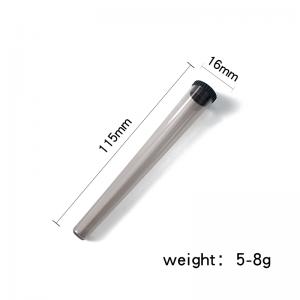
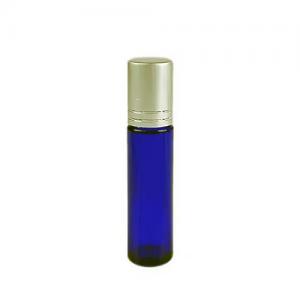
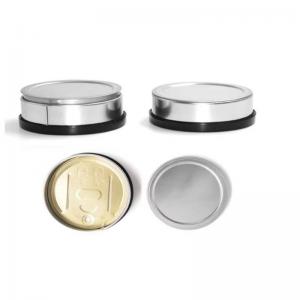
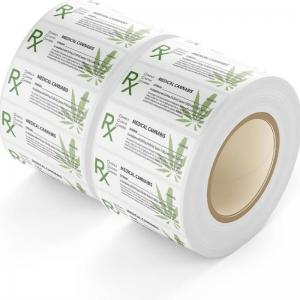
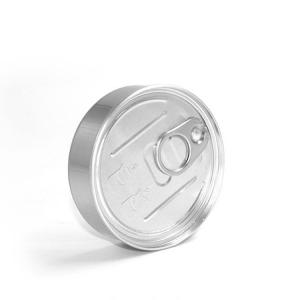
 2024-06-27
2024-06-27
 Online service
Online service +86 15375471059
+86 15375471059

